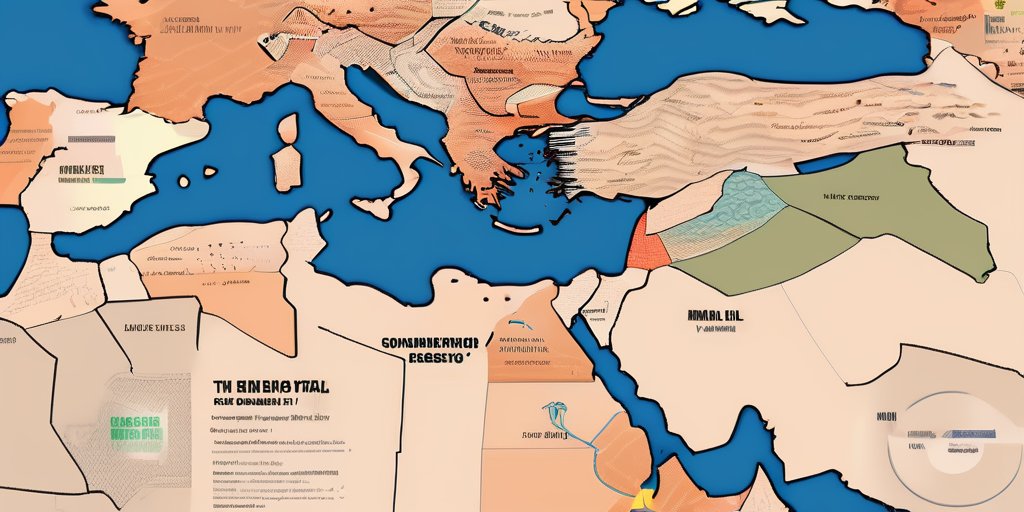Donald Trump’s recent decision to launch a military strike on Iran’s nuclear facilities has undoubtedly placed the Middle East in a precarious situation. With global attention now centered on Tehran’s possible reactions, tensions are sharply rising across the region.
Iran’s Foreign Minister, Abbas Araghchi, spoke out from Istanbul, emphasizing that Iran possesses “a variety of options” in response to the U.S. attacks. Possible actions include striking U.S. military bases nearby or potentially disrupting a crucial waterway vital for global shipping.
Experts believe that Iran might consider retaliating against U.S. interests across Iraq, Yemen, and Syria, particularly through its Islamic Revolutionary Guard Corps (IRGC). The IRGC has a history of activating proxy groups in these areas that have attacked American assets in the past. Currently, the Council on Foreign Relations (CFR) reports that approximately 40,000 U.S. troops are stationed in the Middle East, maintaining a presence at 19 military sites, which heightens the risk of military encounters.
The potential for Iran to engage in asymmetric warfare is also significant. With a powerful arsenal of strategic capabilities, it could retaliate through terrorism or cyberattacks if conventional military responses prove unfeasible. This approach minimizes direct confrontation yet allows Iran to project power and disrupt U.S. operations without significant escalation.
Moreover, Iran’s ability to influence global oil trade cannot be overlooked. Should Iran decide to close the Strait of Hormuz, a vital shipping lane through which about 20 million barrels of oil are transported daily, it could trigger a major crisis in global oil prices — a scenario that would significantly hinder Trump’s economic policies and agenda.
US analysts like Trita Parsi suggest that Trump’s actions may inadvertently drive Iran toward accelerated nuclear armament. Concerns are mounting that Iran could push for nuclear capability in the absence of a stable diplomatic relationship and negotiations, especially if the Iranian regime undergoes a transition amidst regional turmoil.
As of now, Iran’s initial military response was directed at Israel, which shows Tehran is weighing its military options carefully while contemplating a broader strategic approach. Recent missile strikes into Israel highlight Iran’s efforts to maintain its regional power while addressing perceived provocations from the U.S. and Israel.
In summary, Trump’s recent military actions against Iran have catalyzed a complex dilemma, leading to heightened geopolitical risks for the Middle East, potential disruptions in global oil trade, and increasing possibilities for nuclear proliferation with vast implications for international security.
